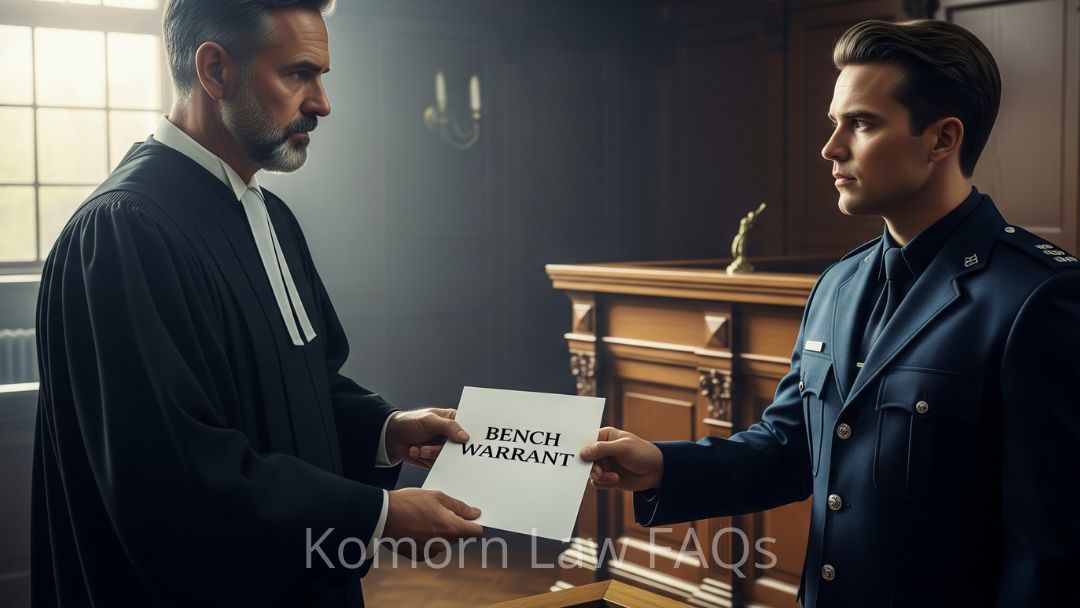What are your rights before and after arrest?
Generally, police require a search warrant to lawfully enter any private premises or to search electronic devices such as your phone or computer.
If the police do not possess a search warrant, you are under no obligation to permit them entry into your home, garage, vehicle, or any other private space that is not accessible to the public.
Conversely, if they present a warrant, you should comply by allowing them to search the specific items or areas detailed within the warrant, as the scope of their search is typically confined to those terms.
Anything you say will be twisted into their narrative and used against you
While the police are conducting their search, you can ask if you can watch them as they complete it. That is… if you’re not facedown on the floor and handcuffed.
You can also ask if you can call a lawyer even if you’re facedown in the dirt and handcuffed.
They probably will not allow it so remain silent and assert your 5th amendment. Anything you say will be twisted into their narrative and used against you.
Before they begin. Police should give you a list of everything that they take as evidence when they complete their search.
They should also leave a copy of the warrant or other document that allowed the search.
Of Course There’s Exceptions
- The Auto Exception Rule
- Exceptions that Justify Warrantless Searches?
- If police witness a crime, they do not need a warrant to conduct a search.
Anything you say will be twisted into their narrative and used against you
The Fifth Amendment
The Fifth Amendment ratified in 1791 is supposed to protect citizens from government overreach.
Protections
- Due process: Requires notice and a hearing before taking away life, liberty, or property
- Self-incrimination: Prevents being forced to testify against oneself in a criminal case
- Double jeopardy: Prevents being tried twice for the same crime
Grand jury: Requires an indictment by a grand jury before being tried for a serious crime - Takings: Requires just compensation when the government takes private property for public use
Other protections
- Equal protection before the law
- Financial compensation when the government takes private property
The Fifth Amendment draws its roots from English common law, with the grand jury clause tracing back to the Magna Carta, a historic document that safeguarded individuals against unjust prosecution by the English monarchy.
Miranda Rights
When you are arrested by the police, it is their legal obligation to inform you of your Miranda rights.
The most common version of Miranda rights is:
You have the right to remain silent. Anything you say can and will be used against you in a court of law. You have the right to an attorney. If you cannot afford an attorney, one will be provided for you.
You may encounter an alternative perspective, yet it must uphold the same rights.
You are not obligated to answer questions following your arrest, as both police and prosecutors cannot compel you to do so, and this right to remain silent is protected under the Fifth Amendment of the U.S. Constitution.
You are entitled to have legal representation with you when communicating with law enforcement or the prosecutor. When you are sitting in the “interview room”
This includes any oral or written statements you make.
Your right to a lawyer is guaranteed by the Sixth Amendment to the U.S. Constitution.
Michigan law guarantees that anyone suspected of committing a crime who wants a lawyer can get one, regardless of their ability to pay.
You must clearly and specifically ask for a lawyer to have one present during police questioning.
If you are charged with a crime
If you are charged with a crime, your right to a lawyer continues throughout the process. You find out what crime(s) you are charged with at an arraignment. At this point you become the defendant in the case. You’re part of the State of Michigan family now.
So call us because you don’t want to be a part of that family.
Komorn Law (248) 357-2550
Other Posts
Sometimes our posts provide a general overview of things with opinionated sarcasm and dry humor by the writer to lighten the same old same old of other law sites. It does not substitute for legal advice. Anyone charged with a criminal offense should consult an attorney for specific legal guidance. BTW. True Fact: When Michael Komorn fights the justice system there is only one focus. You and your rights.
Recent

Criminal Law FAQs – Bench Warrant
Michigan Criminal Laws FAQs Bench WarrantsAccording to Michigan State Law (Michigan Compiled Laws - MCL), a Bench Warrant is a court order that directs law enforcement officers to arrest and bring a specific individual before the court. It's issued by a judge (from...

Criminal Law FAQs – Traffic Offenses
Michigan Criminal Laws FAQs Traffic OffensesAccording to Michigan State Law (Michigan Compiled Laws - MCL), Traffic Offenses encompass a wide range of violations related to the operation of motor vehicles on public roads and highways. These offenses are primarily...
More
Criminal Law FAQs – Traffic Offenses
Michigan Criminal Laws FAQs Traffic OffensesAccording to Michigan State Law (Michigan Compiled Laws - MCL), Traffic Offenses encompass a wide range of violations related to the operation of motor vehicles on public roads and highways. These offenses are primarily...
Criminal Law FAQs – Drunk and Disorderly
Michigan Criminal Laws FAQs Drunk and DisorderlyAccording to Michigan State Law (Michigan Compiled Laws - MCL), there isn't a specific statute that solely defines "Public Drunkenness" as a statewide criminal offense in the same way some other states might have a...
Criminal Law FAQs – Drinking Alcohol or Smoking Marijuana and Driving
Michigan Criminal Laws FAQs Operating a Motor Vehicle Under The InfluenceWalking is cool... For fun and excercise. Not because you lost your license. Don't do the crime if you can't pay the price. But if you do get charged with a crime. Better Call Komorn to fight for...
Criminal Law FAQs – Probation Violations
Michigan Criminal Laws FAQs Theft CrimesAccording to Michigan State Law (Michigan Compiled Laws - MCL), a Probation Violation occurs when a person who has been sentenced to probation fails to comply with the terms and conditions of their probation order. These terms...
Criminal Law FAQs – Theft Crimes
Michigan Criminal Laws FAQs Theft CrimesAccording to Michigan State Law (Michigan Compiled Laws - MCL), Theft Crimes generally involve the unlawful taking of someone else's property with the intent to deprive them of it, either permanently or for a significant period....
Criminal Law FAQs – Domestic Violence
Michigan Criminal Laws FAQs Domestic ViolenceAccording to Michigan State Law, Domestic Violence is not a standalone criminal offense but rather a designation applied to certain crimes when the victim is a "spouse or former spouse, an individual with whom the person...

















